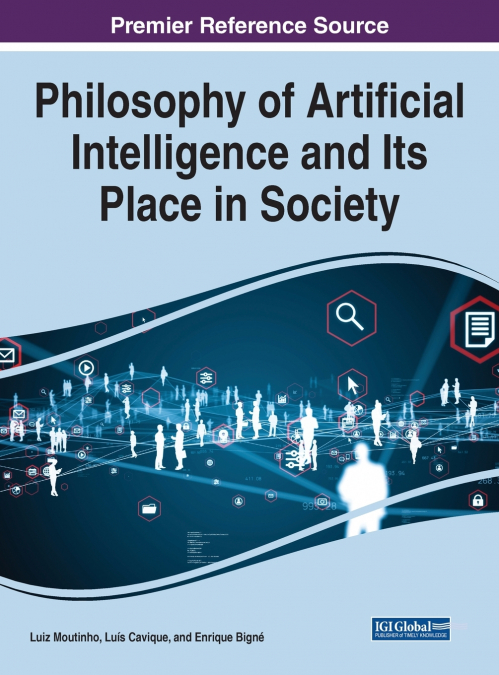
The early 2020s have been marked by a surge of interest in artificial intelligence (AI), and it has grown to be one of the hottest topics in computer science, business technology research, and educational technologies. Despite AI winters in the 1970s and 1990s, where interest and subsequently adequate funding for AI research ceased, and as the technology and its usefulness become more perceptible, often with brilliant results, society is once again ready to investigate this powerful technology and its potential. However, a challenge arises when AI is called into question in an ethical context. It is important that we explore how it can contribute to the resolution of ethical, social, and environmental issues and also to address growing concerns around AI developing emergent bias as well as the human application of AI for malicious purposes. With recent AI-based writing technologies, concerns around academic integrity abound and challenge our perceptions of authenticity in writing. A careful assessment of these technologies, their usefulness and potential harm, and strategic solutions to maintaining ethical standards and regulation of the technology is a necessity for the maintenance of civilized life amidst these tools. Philosophy of Artificial Intelligence and Its Place in Society evaluates various aspects of artificial intelligence including the range of technologies, their advantages and disadvantages, and how AI systems operate. Spanning from machine learning to deep learning, philosophical insights, societal concerns, and the newest approaches to AI, it helps to develop an appreciation for and breadth of knowledge across the full range of AI sub-disciplines including neural networks, evolutionary computation, computer vision, robotics, expert systems, speech processing, and natural language processing. Led Dr. Luiz Moutinho of the University of Suffolk in the United Kingdom, who has won several awards for his academic literature, this book provides academic market-scholars; researchers and students of philosophy, sociology, economics, and education; as well as corporate scientists with a comprehensive collection of core research elements, concepts, advances, applications, evidence, and outcomes related to artificial intelligence.